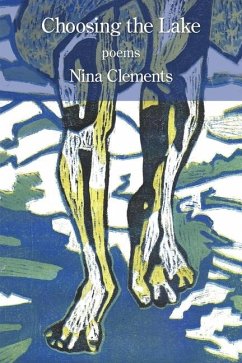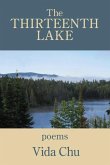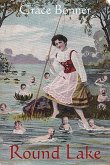Water can be incremental. Drop by drop, it falls or leaks. Yet water is the most powerful shaping force in existence. In the hands of poet Nina Clements, a nearby lake nurtures transformation. The presence of water passes through the poet, and the lake becomes loneliness, mourning, interiority, selfhood, but more, also harbinger, oracle, the stirrings of hope, and journey towards healing. In sharply-honed short verse, employing language rising from beneath as naturally as a spring, she has allowed water to shape these poems, and, in aggregate, they have measureless depth and power. This book is a revelation! -Marsha de la O, author of Creature Nina Clements chooses the lake as her confidante, her reflection, and we willingly dive in beside her, swimming through our own lives as well as hers. It is an honor to share this lake with such a superior guide. -Kim Dower, author of five collections of poetry including I Wore This Dress Today for You Mom In Choosing the Lake, Nina Clements's second full-length poetry collection, the lake serves as the central metaphor: a place of healing and penance, a place of exile, as well as rebirth. In these sparse, yet eloquent meditations, the speaker navigates a landscape where scar tissue along the ridges of the heart resembles ice and the movement of tectonic plates. These poems are always in search of what is not here, of what is lost, and what can be taken away. They are familiar because they speak to us directly, conjuring our own fears and desires. -Jason Irwin, author of The History of Our Vagrancies
Hinweis: Dieser Artikel kann nur an eine deutsche Lieferadresse ausgeliefert werden.
Hinweis: Dieser Artikel kann nur an eine deutsche Lieferadresse ausgeliefert werden.








